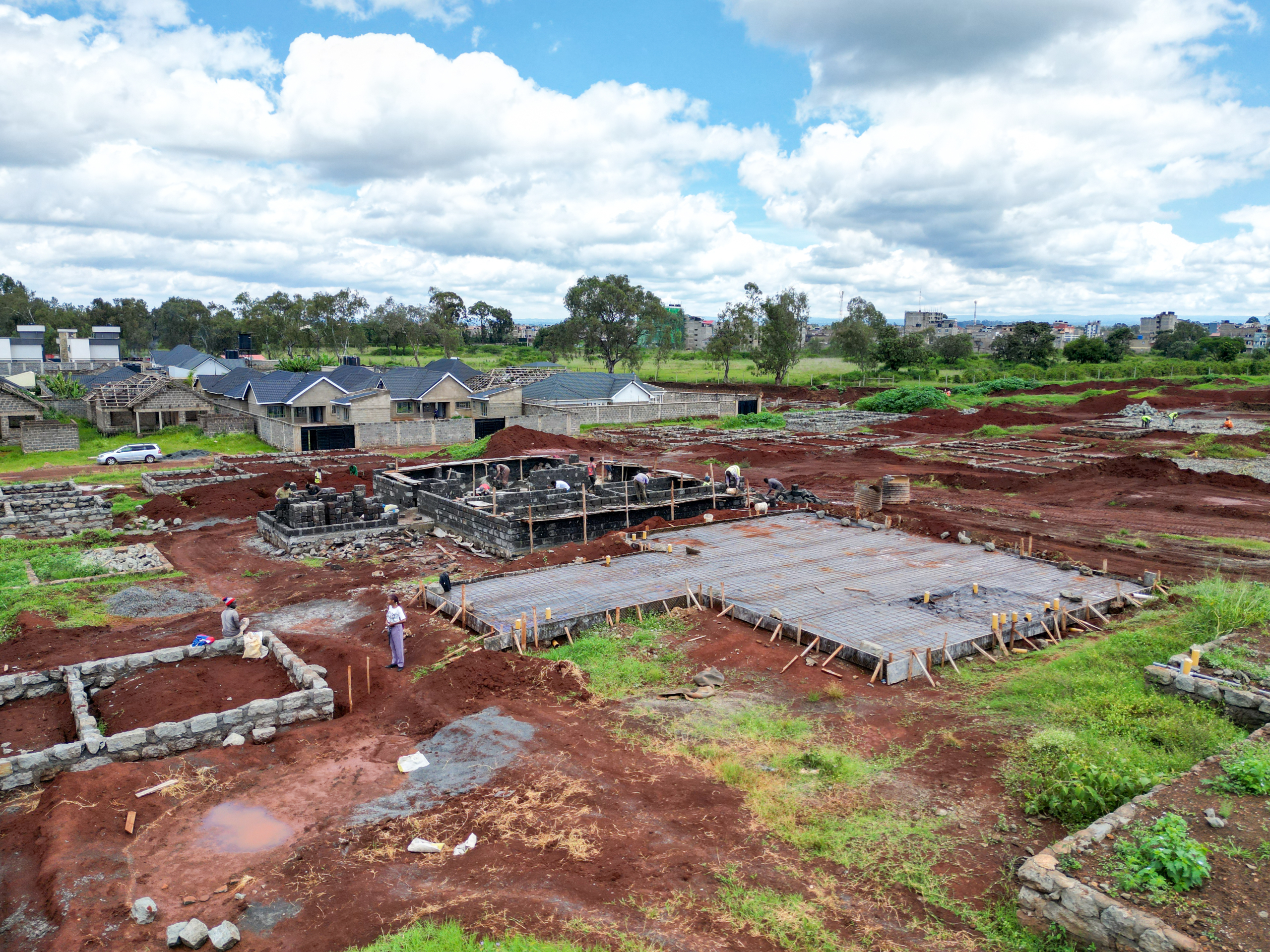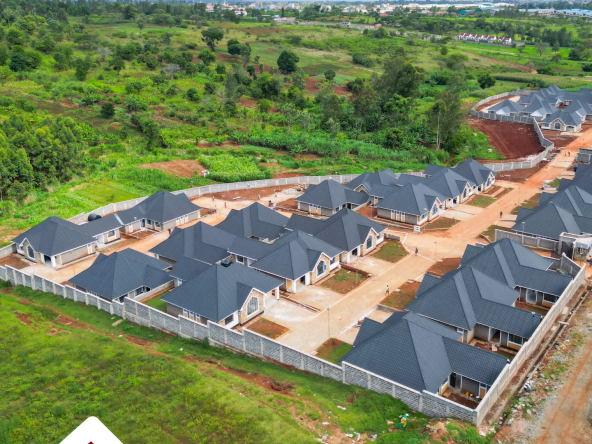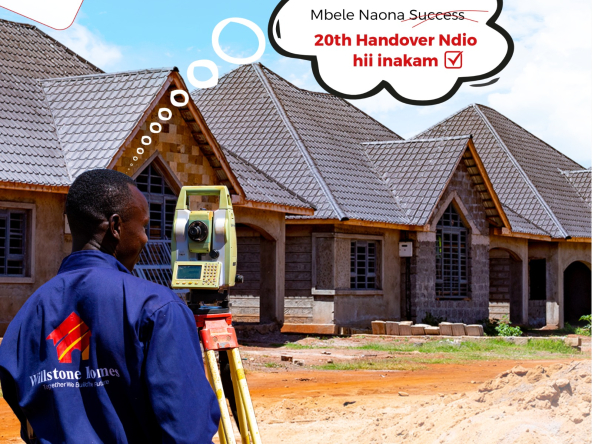The Power of Owning a Plot
In Kenya, the term “plot” is more than a piece of land—it’s a symbol of status, success, and security. Ask any Kenyan what they hope to own in the future, and you’re likely to hear, “Nataka kununua ploti mahali safi.” This deeply ingrained aspiration is what many have come to call the plot mentality in Kenya—a cultural and economic drive to acquire land, often before any other asset.
But where did this obsession originate, and is it evolving with the new generation?
Historical and Cultural Roots of the Plot Mentality
The plot mentality in Kenya is not just economic—it is ancestral and emotional.
1. Post-Colonial Land Displacement
After independence in 1963, land was not only seen as a livelihood but also as a symbol of regained dignity. For communities that had been displaced by colonial policies, owning land became a restorative act. This birthed the idea that land = power, security, and identity.
2. Tribal and Family Security
In many Kenyan communities—especially among the Kikuyu, Luhya, and Kalenjin—owning land is tied to ancestral continuity. A man (or increasingly, a woman) with no land is seen as having no social anchor. It is the land that hosts your home, your grave, your inheritance.
3. Urban Migration and the Village Dream
Even as urbanization took hold, the average Kenyan worker in Nairobi, Kisumu, or Mombasa continued dreaming about owning a plot back home—a fallback plan for retirement, or a “last resort” if city life failed. This intergenerational mindset still persists today.
Read Also: Why Kangundo Road Could Be the Next Thika Road: Early Movers Tell Their Stories
Plot Ownership as a Financial Safety Net
Why has land remained the most emotionally and financially “secure” form of investment in Kenya?
- Low depreciation: Unlike cars or electronics, land rarely loses value.
- Inheritance value: A plot is seen as a family asset to pass down.
- Speculative growth: Early buyers in areas like Ruiru, Kitengela, and Kangundo Road have seen plots appreciate 2x–5x within a decade.
- Fallback security: In hard times, many retreat to their rural plots to survive or build rental units.
For many, a plot is not just an investment—it’s insurance.
A Shift in Mentality: How the Youth Are Thinking Differently
Kenya’s under-35 generation is now questioning the traditional script.
1. Lifestyle vs. Land
Many young urban professionals are opting for lifestyle rentals—modern apartments with WiFi, pools, and convenience—rather than buying far-flung plots with no infrastructure.
“I’d rather invest in a profitable online business than buy a plot in Matuu that I’ll never build on,” says Kevin, a 29-year-old developer in Nairobi.
2. Digital and Tech Investment Mindsets
Today’s youth are thinking in terms of:
- Mobile money savings
- Cryptocurrency
- Stocks and SACCOs
- Travel and global exposure
Land is increasingly seen as “a long game” rather than a top priority.
3. Changing Priorities Among Women
Modern Kenyan women, now more financially independent, are purchasing apartments, Airbnb-ready units, or investing in serviced land jointly. The idea of waiting for a spouse to buy land is becoming obsolete.
Urban Realities: Not All Plots Are Equal
While the emotional connection to land remains strong, not all plots make financial sense:
| Plot Location | Price Range (50×100) | Utility Access | Construction Viability |
|---|---|---|---|
| Kamulu | KSh 800,000 – 1.5M | High | Excellent |
| Joska | KSh 600,000 – 1.2M | Medium | Moderate |
| Matuu | KSh 250,000 – 700,000 | Low | Long-term only |
| Ngong Hills View | KSh 1.5M – 3M | High | Excellent |
Buyers today are increasingly wary of “dead plots”—cheap land with no roads, water, or building potential.
Future Outlook: Is the Plot Mentality Fading?
Not entirely. But it’s evolving.
- SACCOs and land-buying companies are making plots more accessible, even to diaspora and low-income earners.
- Buy-and-build is replacing land-banking—people want to live where they invest.
- Gated communities and serviced plots are becoming the new standard, especially in satellite towns around Nairobi.
- Younger buyers want utility, not just sentiment. They ask, “Can I Airbnb this? Can I build rentals? Is water connected?”
The classic dream of “just owning land somewhere” is giving way to intentional property acquisition.
Read Also: How Homeownership in Kenya Is Changing Fast in 2025 and Beyond
Plot Mentality in Kenya—Still Alive, Just Smarter
The plot mentality in Kenya is far from dead—but it’s definitely maturing. While past generations saw land as sacred and unshakable, today’s buyer—especially the urban youth—wants more than symbolism. They want value, convenience, returns, and flexibility.
Willstone Homes understands this shift. That’s why we don’t just sell you “land”—we offer viable real estate solutions that align with the modern buyer’s dreams and realities.





